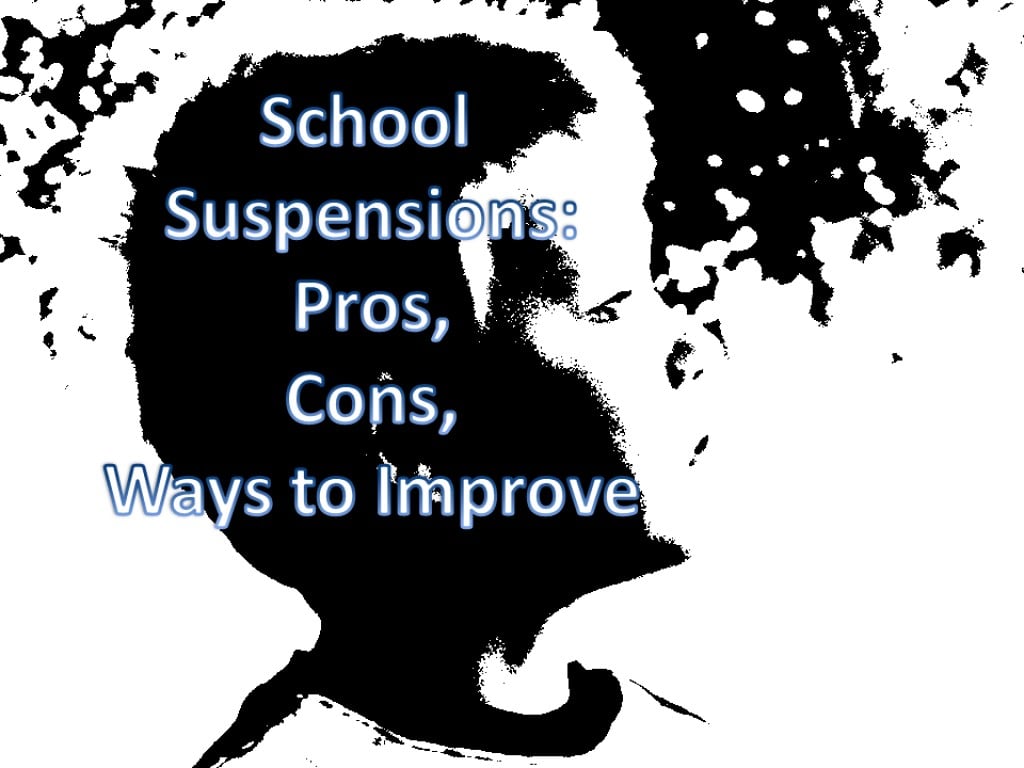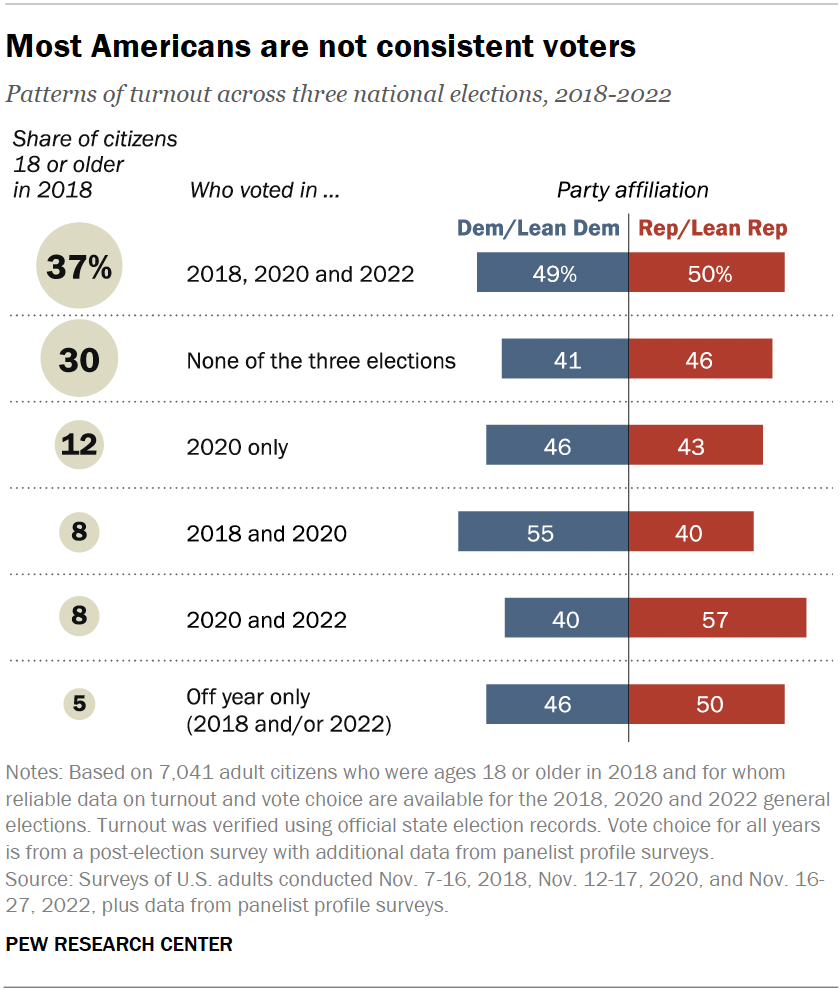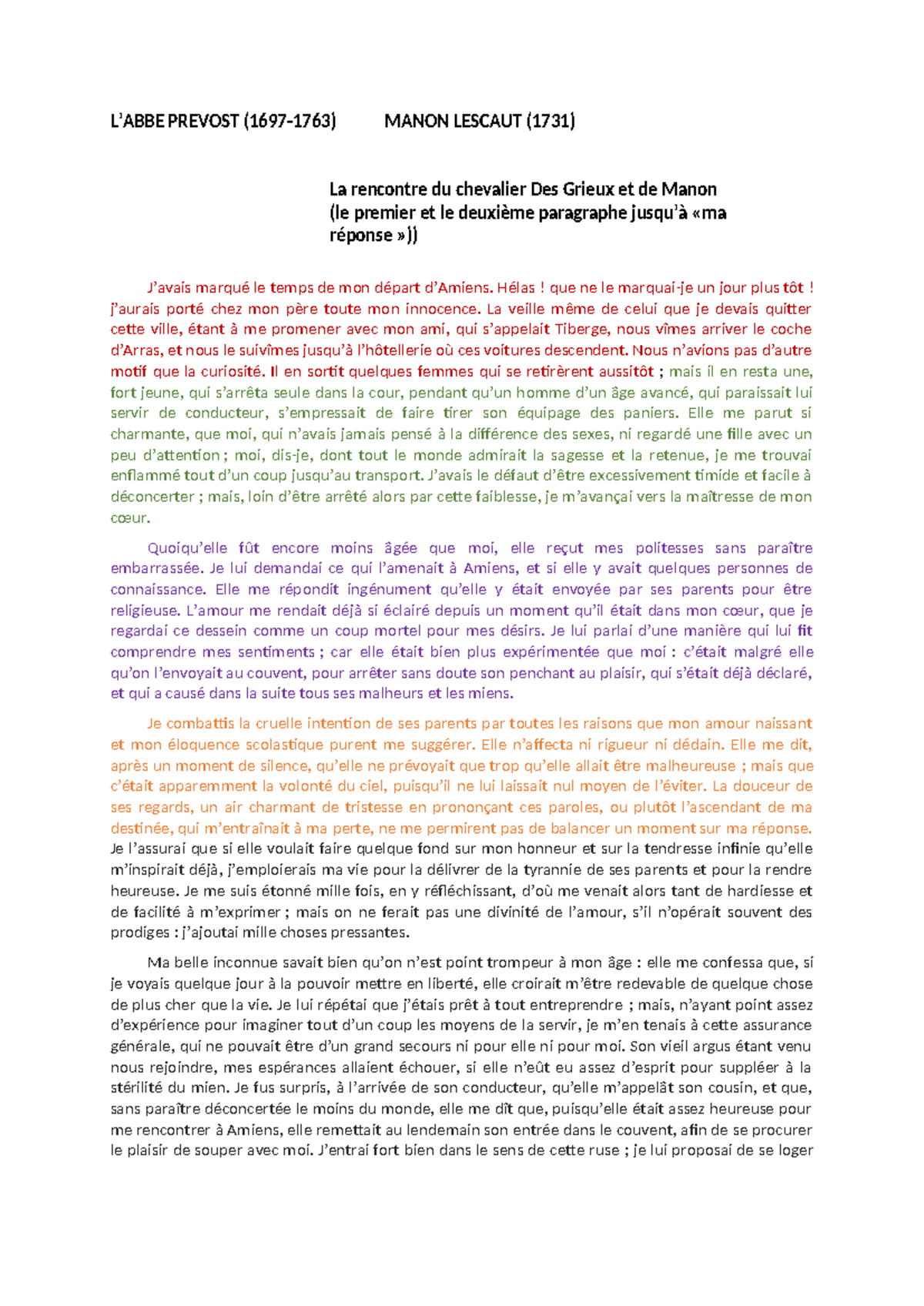School Suspensions: A Counterproductive Approach To Student Behavior

Table of Contents
The Ineffectiveness of School Suspensions
The consequences of school suspensions extend far beyond a temporary absence from class. Their negative impact on students, schools, and communities is significant and demands a reevaluation of this common disciplinary practice.
Increased Rates of Truancy and Dropouts
Suspensions often disrupt a student's education, creating a ripple effect that can lead to increased truancy and ultimately, dropping out of school. Missing valuable instruction time puts students significantly behind academically, making it harder to catch up and succeed.
- Increased likelihood of future suspensions: Suspension can create a cycle of negative behavior and further disciplinary actions.
- Difficulty reintegrating into school: Returning to school after a suspension can be challenging, socially and academically, leading to further difficulties.
- Negative impact on graduation rates: Studies show a strong correlation between suspension rates and lower graduation rates, highlighting the long-term academic consequences.
Research from the US Department of Education consistently demonstrates a link between school suspensions and increased dropout rates. Students who experience frequent suspensions are significantly more likely to leave school before graduation, limiting their future opportunities and contributing to societal challenges.
Negative Impact on Mental Health
Beyond the academic consequences, school suspensions have a devastating impact on students' mental health and well-being. The isolation, shame, and anger associated with suspension can exacerbate existing mental health issues and lead to new ones.
- Increased risk of depression, anxiety, and substance abuse: The feeling of being ostracized and punished can contribute to mental health problems.
- Potential for increased behavioral problems upon return to school: Students may return to school feeling resentful and more likely to engage in further misbehavior.
The punitive nature of suspension often fails to address the underlying emotional and psychological factors contributing to a student's behavior. Instead of fostering understanding and support, it can reinforce negative feelings and behaviors. A more restorative approach is needed to address the root causes of misbehavior and support students' mental health.
Disproportionate Impact on Marginalized Students
A critical flaw in the widespread use of school suspensions is its disproportionate impact on marginalized students. Students from minority groups, low-income families, and those with disabilities are suspended at significantly higher rates than their peers.
- Racial and socioeconomic disparities in suspension rates: Data consistently reveals significant racial and economic biases in school disciplinary practices.
- Need for equitable discipline practices: Fair and equitable disciplinary practices are crucial to ensure all students have equal opportunities for success.
This disparity underscores the systemic inequalities within the education system. Implicit biases, lack of resources, and inadequate support systems contribute to the overrepresentation of marginalized students in suspension data. Addressing these systemic issues is vital to creating a more equitable and just educational environment.
Alternative Approaches to Student Behavior Management
Instead of relying on punitive measures like school suspensions, schools should embrace alternative approaches that prioritize student well-being and positive behavior development.
Restorative Justice Practices
Restorative justice practices focus on repairing the harm caused by misbehavior through dialogue, accountability, and collaborative problem-solving.
- Circle meetings: These facilitated discussions involve all parties affected by the misbehavior to collaboratively find solutions.
- Conflict resolution: Students are guided to understand different perspectives and resolve conflicts peacefully.
- Mediation: A neutral third party helps students communicate and reach mutually acceptable resolutions.
Restorative justice emphasizes repairing relationships and promoting understanding rather than simply punishing the offender. This approach fosters a sense of community and responsibility, leading to improved behavior and a more positive school climate.
Positive Behavior Interventions and Supports (PBIS)
PBIS is a proactive, data-driven framework that focuses on teaching positive behaviors and creating a supportive school environment. It emphasizes prevention and early intervention to address at-risk behaviors before they escalate.
- Clearly defined expectations: Students understand what behaviors are expected and the consequences of inappropriate actions.
- Positive reinforcement systems: Students are rewarded for positive behaviors, reinforcing desired actions and creating a positive school climate.
- Proactive interventions to address at-risk behaviors: Early identification and intervention help prevent minor issues from escalating into major problems.
PBIS provides a structured framework for creating a positive school culture and reducing the need for punitive disciplinary actions, like suspensions.
Addressing Underlying Issues
Addressing the root causes of misbehavior is crucial for effective behavior management. Many students act out due to underlying issues such as poverty, trauma, or learning disabilities.
- Collaboration with social workers, counselors, and other support staff: A multidisciplinary approach ensures students receive the support they need.
- Provision of individualized support and interventions: Tailored interventions address the specific needs of each student.
A holistic approach that considers the social, emotional, and academic needs of students is essential for effective behavior management. By addressing the underlying issues contributing to misbehavior, schools can create a more supportive and successful learning environment for all students.
Conclusion
School suspensions are ineffective, contributing to negative academic and mental health outcomes, and disproportionately impacting marginalized students. Alternative approaches like restorative justice and PBIS offer more positive and effective ways to manage student behavior. Ending the cycle of school suspensions requires a fundamental shift towards more equitable and supportive disciplinary practices that prioritize student well-being and success. We urge educators, parents, and policymakers to rethink the use of school suspensions and embrace alternative strategies that foster positive behavior and promote student success. Let's work together to create a more supportive school environment for every child.

Featured Posts
-
 Australian Government Responds To Rise In Chinese Ship Sightings Near Sydney
May 03, 2025
Australian Government Responds To Rise In Chinese Ship Sightings Near Sydney
May 03, 2025 -
 Foreign Secretary Announces Pm Modis Participation In Frances Ai Summit And Ceo Forum
May 03, 2025
Foreign Secretary Announces Pm Modis Participation In Frances Ai Summit And Ceo Forum
May 03, 2025 -
 Time For A Change Rupert Lowes Leadership Could Revitalize Reform
May 03, 2025
Time For A Change Rupert Lowes Leadership Could Revitalize Reform
May 03, 2025 -
 Is Rupert Lowe The Right Leader For Reform A Case For Farages Departure
May 03, 2025
Is Rupert Lowe The Right Leader For Reform A Case For Farages Departure
May 03, 2025 -
 Florida And Wisconsin Election Results Interpreting Voter Turnout And Its Implications
May 03, 2025
Florida And Wisconsin Election Results Interpreting Voter Turnout And Its Implications
May 03, 2025
Latest Posts
-
 Le Vatican Analyse De La Rencontre Trump Macron
May 03, 2025
Le Vatican Analyse De La Rencontre Trump Macron
May 03, 2025 -
 Tensions Au Diner Sardou Critique Macron
May 03, 2025
Tensions Au Diner Sardou Critique Macron
May 03, 2025 -
 Sardou Et Macron Un Echange Muscle Lors D Un Diner
May 03, 2025
Sardou Et Macron Un Echange Muscle Lors D Un Diner
May 03, 2025 -
 Tensions Au Vatican L Echange Entre Trump Et Macron
May 03, 2025
Tensions Au Vatican L Echange Entre Trump Et Macron
May 03, 2025 -
 Macron Remonte Par Sardou Le Diner Tendu
May 03, 2025
Macron Remonte Par Sardou Le Diner Tendu
May 03, 2025
